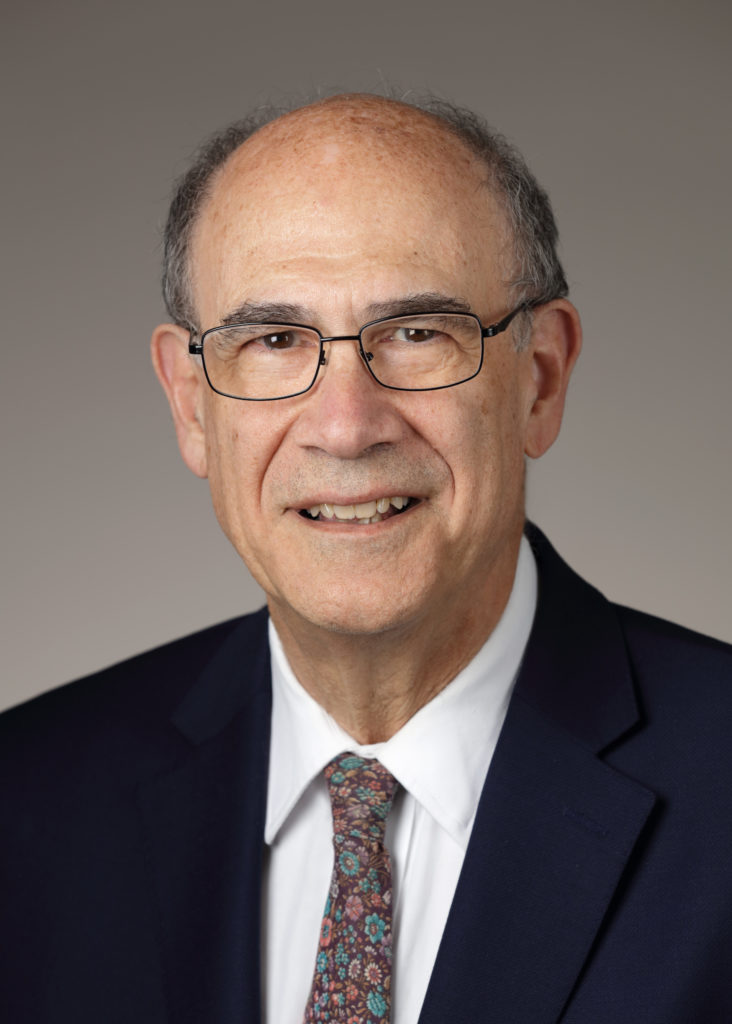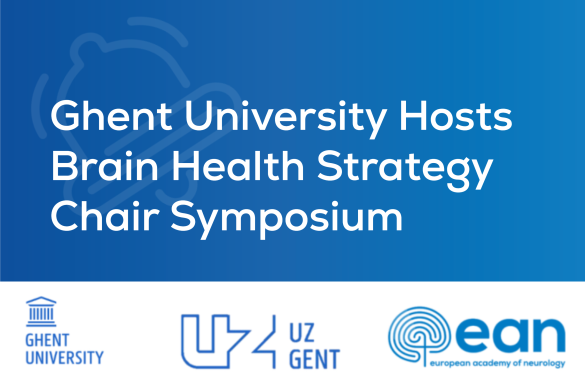It is with profound sadness that the European Academy of Neurology marks the passing of Professor Mark Hallett, a towering figure in neurology and a pioneer in the study of movement disorders and neurophysiology. Prof. Hallett died on 2 November 2025 at the age of 82 after a distinguished career spanning more than five decades.
Born in Philadelphia in 1943, Prof. Hallett graduated Magna Cum Laude from Harvard College and Cum Laude from Harvard Medical School. His early training included a neurology residency at Massachusetts General Hospital and a fellowship at the Institute of Psychiatry in London under Professor C.D. Marsden, one of the founders of the movement disorders field.
In 1984, he became Chief of the Human Motor Control Section at the U.S. National Institute of Neurological Disorders and Stroke (NINDS), a position he held for nearly 40 years. His groundbreaking research transformed our understanding of voluntary movement and its disorders, including dystonia, Parkinson’s disease, cerebellar ataxia, myoclonus, and functional neurological disorders. He pioneered the use of transcranial magnetic stimulation (TMS) and introduced botulinum toxin therapy for motor disorders, innovations that changed clinical practice worldwide.
Prof. Hallett authored more than 1,200 scientific papers, edited nearly 30 books, and served on editorial boards of leading journals such as Brain, Neurology, and Movement Disorders. His leadership extended to numerous professional societies: he was President of the International Parkinson and Movement Disorder Society, Vice-President of the American Academy of Neurology, and a founder of the Functional Neurological Disorder Society.
His contributions were recognised globally through countless honours, including Honorary Membership of the European Academy of Neurology, awarded in 2018 for his lifetime achievements in neurology and clinical neurophysiology.
He regularly participated in EAN congresses and educational activities, sharing his expertise on movement disorders and functional neurological disorders with European colleagues. His lectures were highly regarded for their clarity and clinical relevance. At the EAN Congress 2023, he was invited to deliver the prestigious Charles-Édouard Brown-Séquard Lecture on “Experimental medicine and functional neurological disorders” during the Presidential Symposium.
Beyond his scientific brilliance, Prof. Hallett was admired for his humility, mentorship, and unwavering commitment to patient care. He trained more than 150 fellows, inspiring generations of neurologists to pursue excellence with compassion, and took part as a mentor in the EAN Mentorship Programme.
Prof. Hallett is survived by his wife Judith, his children Nicholas and Victoria, and his grandchildren Flora and Celeste. The global neurology community mourns his loss and celebrates a legacy that will continue to shape our field for decades to come.













